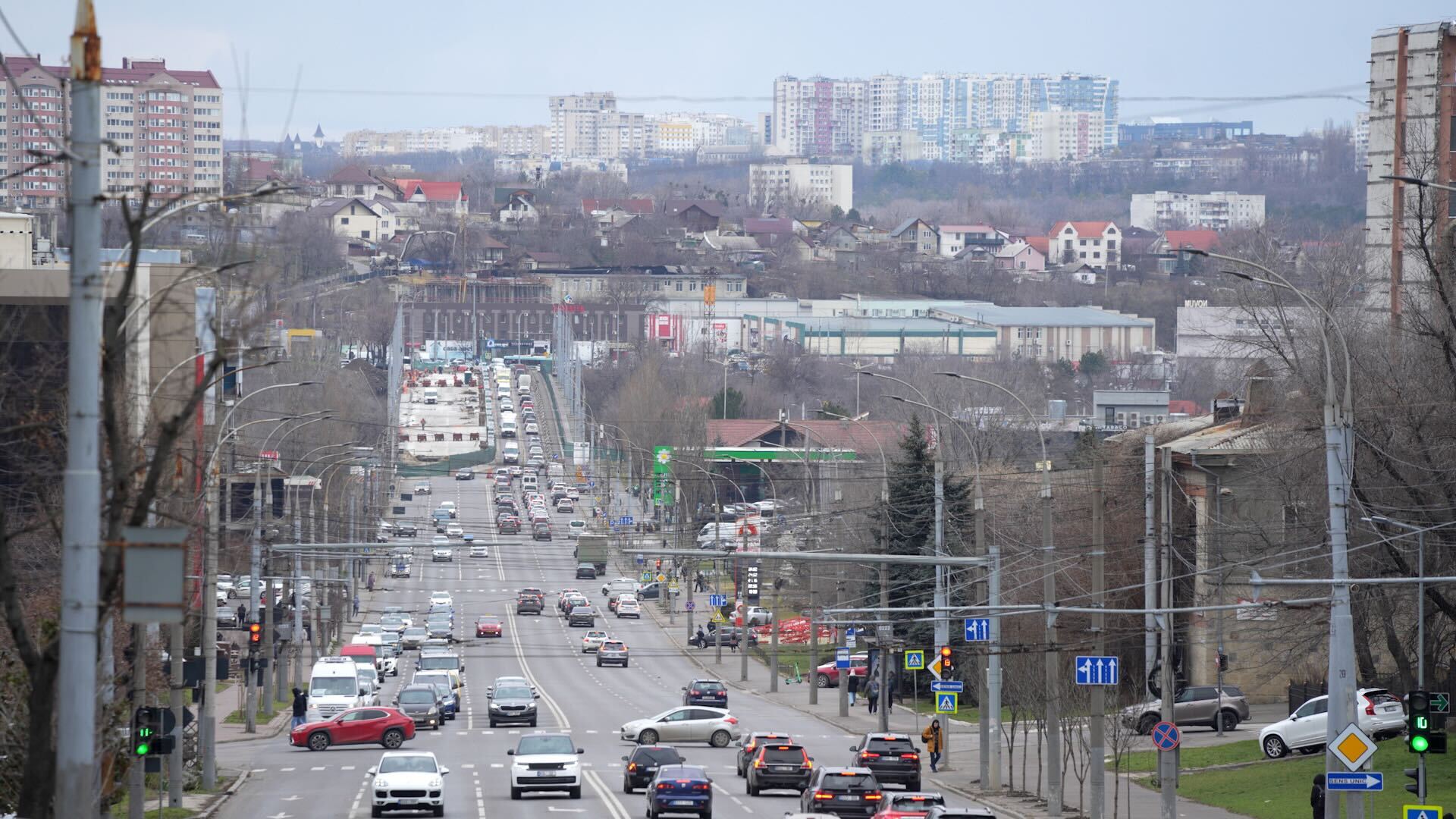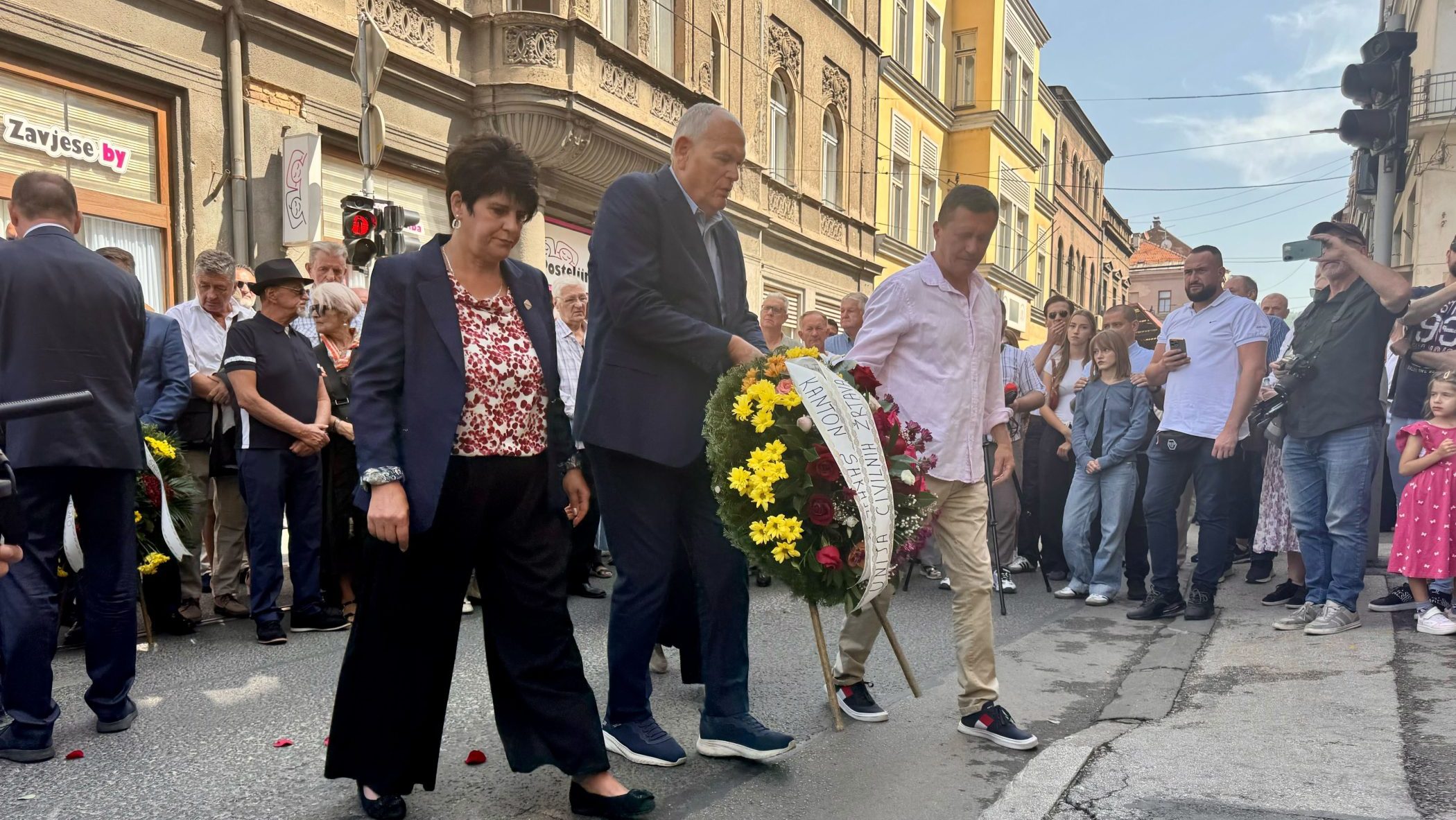This post is also available in: Bosnian
The Bosnian state prosecution filed nine war crimes indictments from the start of 2019 to the beginning of this month, but the state court decided not to confirm three of them.
Instead it decided that the cases were not complex enough for the state-level judiciary and sent them to lower-level courts in the country’s two entities, the Federation and Republika Srpska.
The fact that a third of the indictments raised this year in war crimes cases were deemed insufficiently complex to try at the state level shows that the Bosnian prosecution is still refusing to follow a national strategy adopted in 2008 to deal with the country’s huge backlog of war crimes cases.
The national strategy says that only the most complex cases should be dealt with at the state level, while all the others should be sent to lower-level courts, in an attempt to speed up the processing of the hundreds of remaining cases of crimes dating from the 1992-95 war.
The strategy also says that the state prosecution “should file a proposal to transfer a case at the earliest possible stage of the criminal proceedings”.
Tarik Crnkic is the prosecutor in the case against Milenko Gojgolovic, which was transferred from the state level this year to the District Court in Eastern Sarajevo, where Gojgolovic is now on trial for the rape and inhumane treatment of a civilian.
Crnkic said that all cases should be transferred in the investigation phase, “as it is much simpler to handle cases in which you have been involved since the beginning of the investigation”.
“By collecting evidence from the beginning and performing supervision of the evidence collection, you get a full picture of the criminal case in question, which certainly results in a better evaluation of evidence and facts when making a prosecutorial decision,” he explained.
However, transferring cases which have already been investigated by the state prosecution means that prosecutors have wasted valuable time that could have been devoted to other cases.
Federal prosecutor Munib Halilovic, who used to work with the state prosecution and is now a member of the supervisory board for the implementation of the national war crimes strategy, said that the negative consequences of the state prosecution’s practice of filing indictments in cases that should be referred to the entity level have been reduced by “the positive steps taken by the Court of Bosnia and Herzegovina, which now refers unconfirmed indictments to entity courts”.
Cases should have been finished ‘a long time ago’
Bosnia’s revised war crimes strategy, which was drafted because previous targets for clearing the huge backlog of cases were not met, but which has been awaiting approval by the country’s Council of Ministers for more than a year, also stresses the need to send simpler cases to lower-level courts in the entities so the state-level court can get on with hearing the more important and complex cases.
“The uneven distribution of cases, as well as the prosecution of less complex cases by the Prosecution and Court of Bosnia and Herzegovina, are some of the reasons for the non-efficient processing of the most complex war-crime cases,” the revised strategy says.
A recent report by the OSCE mission to Bosnia and Herzegovina also concluded that the state prosecution “does not dedicate its time and resources exclusively to investigating and prosecuting the most complex war-crime cases”.
“The Mission notes that, although the Prosecution of Bosnia and Herzegovina has filed indictments in several very complex cases in the past two years, many of the cases on which it has worked are not complex enough to justify the state-level prosecution, showing the failure of that institution to focus on most complex cases only, as required under the national strategy,” the report said.
The report proposed that the state prosecution should make a review of all its cases and submit proposals to transfer the simpler ones to entity-level courts.
Commenting on the OSCE report, Ruzica Jukic, the deputy chairperson of the High Judicial and Prosecutorial Council, Bosnia’s judicial overseer, said that she thought that the less complex cases should have been transferred to the entity level “a long time ago”.
“I think they would all have been completed by now,” Jukic said.
Instead, because of the backlog, many war crimes suspects “will not live to see their cases be processed”, she warned.



